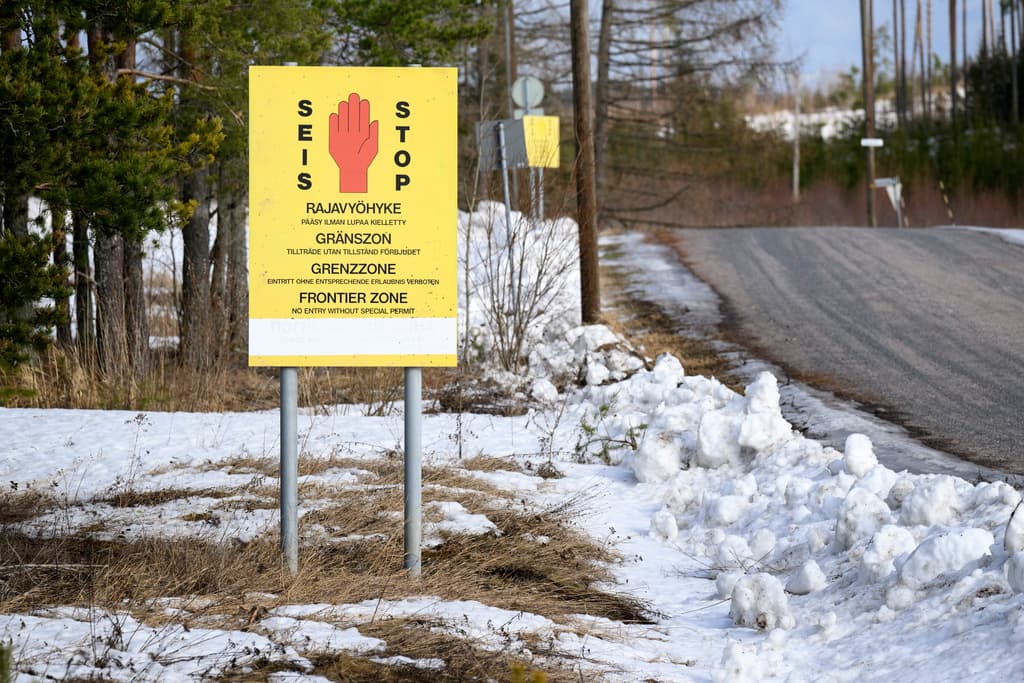People who want to seek asylum in Finland can be rejected directly.
The Parliament in Helsinki is voting for a tightened and criticized exception law – against the backdrop of a Russian hybrid threat. Critics have warned that it can have expensive consequences.
During the past year, large numbers of migrants have appeared at border crossings along Finland's eastern border – people who are believed to have been actively directed there from Russia, as a tool in so-called hybrid warfare.
The rejection law is motivated as a necessary measure against an unusual threat, but it was uncertain until the end whether it would get the broad support required.
The Parliament ultimately voted for the bill with a very small margin of two votes, according to Finnish media.
Pushing the Constitution
The new law is an exception law that will allow for temporary deviations from the Constitution. To make such deviations from the Constitution, two parliamentary decisions with an election in between are normally required, but there is an additional possibility in urgent cases.
If five-sixths of the Parliament's members – at least 166 of the total 200 – agree, the legislation can go through a fast track.
In Friday's vote, after several months of discussions and a final parliamentary debate, 167 members voted for and 31 against.
In the end, much depended on the Swedish-speaking and liberal Swedish People's Party (SFP), which announced on Thursday that nine of the party's ten MPs would vote for. The Social Democratic SDP took a late stance in favor of the law, but left it open for individual members to go against the party line.
The Left Alliance and the Greens voted no at the party level and were joined by a handful of Social Democrats and one SFP member.
Can Become a Court Case
Not allowing people to seek asylum goes against fundamental rights in both Finnish law and EU law.
Lawyers and critics have pointed out that the EU Commission can hypothetically take Finland to court and impose large economic penalties if the law is introduced.
They point to Hungary, which was sentenced to pay a billion-kronor fine for restricting the right to asylum, even though the country did it for other reasons.






